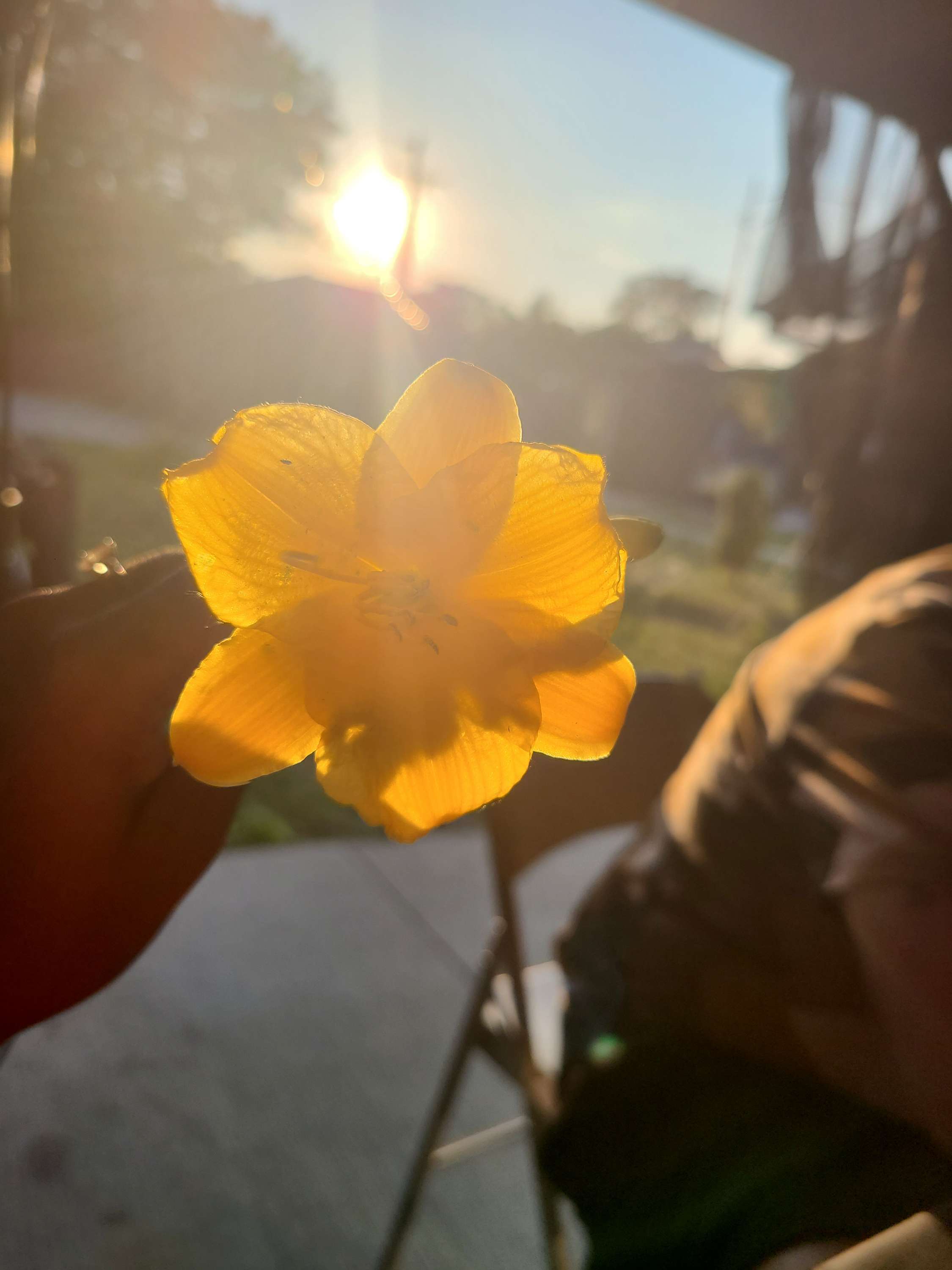MASK will be hosting free genealogy clinics in person and online for the entire month of February. It’s time. The mission of MASK is to stop violence and killing and to challenge ourselves to constantly come up with more innovative solutions.
While we’re still pushing for speed bumps on the block and fulfilling as many of the needs of the community as we can, we know that it's still not enough.
They say if you want to change what's around, you must first change what's inside of you. That could be difficult if you don’t know what that is.
This is why a specialized education can play a huge role in combating violence. The majority of community service is education and connection. Reading, writing, and arithmetic are all very important and are undoubtedly taught in some of the same classrooms where we learned them. However, on the block, we plan on making knowledge of ourselves and how we came to be wherever we are in this country a top priority.
The story of Black people is as unique as that of other groups. Yet, it's often reduced to slavery, freedom, the civil rights movement, and now Barak Obama. There's more to us and our history than that.
Other communities don’t suffer the level of human loss that we do because they belong to someone or a people, and membership in that group comes with a level of responsibility to preserve their history, teach their children that history, and charge their children with taking their people into the future. Each community member is important because they have been entrusted with growing their community. Everyone has value.
Other cultures make their history central to their identities and communities. Their history is often tied to their survival. They never forget. We’re just the opposite. We don’t know the history, and if we do, it doesn’t have much value.
Meanwhile, we’re celebrating other people's heritage and holidays. While not paying very much attention to our own. Juneteenth is great, but it’s not the day many former enslaved people learned about their emancipation. Other formerly enslaved people were just as jubilant the day they found out they were free. Those stories are part of the histories of some of us, and they are important, too. Not just the ones that Congress has given us a day off to “observe.”
The Black community is missing a common story and history that we can center our communities around. This project makes it personal. It approaches the issue of gun violence unconventionally. Genealogical research is quite personal because it clarifies why we are the way we are.
The problem isn’t only the guns. It’s why we need them in the first place. We don’t know each other anymore, and that makes us feel fearful and paranoid.
If we knew our history, we would know that those emotions used to be reserved for those who enslaved us.
They were the ones who wronged us and constantly feared uprisings and retribution.
Why did we have to be fearful or paranoid of what we might do to one another? Especially when you consider the slave who damaged another slave could be beaten, sold off, or even killed for harming the property of a white slaveholder.
That was their job. But somehow, now it's ours?
We used to be in this together. We had an enemy but it wasn’t each other.
When the knowledge of our history and our own story no longer exists in your consciousness because it's been erased and you’ve been convinced it doesn’t matter, someone else's stories and all the things that come with it will occupy that space.
That is one of the main reasons we kill each other.
Learning about one's history could once again familiarize us and our children with each other.
You may find out your difficult neighbor is actually a relative, and we have more in common than we previously thought. This project can go a long way to helping kids with no family who may be wards of the state. Perhaps they find out the opp that they’re contemplating shooting or vice versa, maybe kin? It may save both lives? It could potentially give a kid who has been alone in the world for so long an actual family and not just a gang that acts as a surrogate.
So much of our personal information and the vital stories that tell us who we are and who we’re connected to have been hidden away from us, and our children are dying because of it.

This is us doing what we do best: trying to find solutions. Summer will be back soon. We’ll still want our speed bumps to accompany our lights and cameras. People will still be screaming for shot spotter and they’ll put more police on the street. Will that work? We don’t know. But we do know we can’t say we did or are doing everything we can if we’re not battling this issue from every angle, even this one. So please take advantage of this free opportunity, FREE y'all, to improve yourself and your community. Knowing where you come from shouldn't be a privilege. It's a right!
Sign up today!


